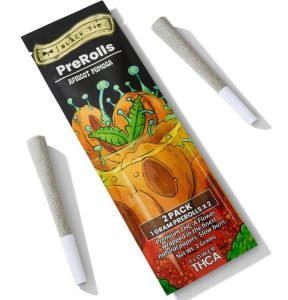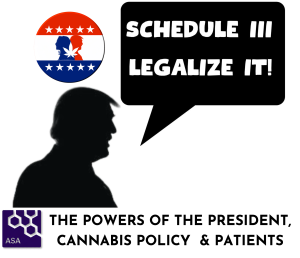Is it Illegal to Smoke While Pregnant

Smoking weed during pregnancy or using marijuana in any form poses significant health risks for both the expecting mother and the baby. Despite its legal status in many states, marijuana is not considered less dangerous than other drugs during pregnancy. Leading healthcare organizations, including the American College of Obstetricians and Gynecologists (ACOG), the American Academy of Pediatrics (AAP), and the U.S. Centers for Disease Control and Prevention (CDC), strongly advise pregnant women against marijuana use due to potential health hazards. These warnings extend to the postpartum period, recommending avoidance of marijuana while breastfeeding.
Impact of Marijuana on the Developing Baby
Transmission of THC and Various Consumption Methods
The primary psychoactive compound in marijuana is tetrahydrocannabinol (THC), responsible for inducing the characteristic “high” in users. When marijuana is used during pregnancy, THC can cross the placenta and enter the baby’s bloodstream, with an estimated 10 to 30 percent of the maternal THC reaching the baby. Various consumption methods, including smoking, dabbing, vaping, and ingestion of edibles or beverages, facilitate the transfer of THC to the developing fetus.
Notably, even topical application of marijuana-containing creams or lotions can potentially pose risks. Additionally, marijuana products may be contaminated with other harmful substances, raising concerns about their safety, even in legal contexts.
Effects on Pregnancy and Neonatal Outcomes
Marijuana use during pregnancy has been linked to adverse outcomes. Smoking weed or tobacco during pregnancy elevates carbon monoxide levels in the blood, reducing oxygen supply to the developing baby and potentially affecting growth. Research involving over 5,600 women revealed that marijuana users during pregnancy had a higher incidence of preterm birth, placental abruption, and newborns being small for gestational age.
Furthermore, these infants were more likely to be transferred to neonatal intensive care and have lower Apgar scores. Other studies have associated prenatal marijuana exposure with increased irritability in newborns, a potential link to stillbirth, and long-term cognitive effects on children, including lower academic scores.
Can Weed Affect Pregnancy
Marijuana use during pregnancy poses health risks to the expecting mother as well. The potential effects include an increased risk of falls due to dizziness, impaired judgment, elevated risk of breathing problems, and lung damage comparable to that caused by cigarette smoke. Considering these health risks, pregnant individuals should try and stop their marijuana use to prioritize well-being and the safety of their developing baby.
Exploring Benefits and Misconceptions
Contrary to some misconceptions, there is no scientific evidence supporting the benefits of delta-8 while pregnant. While anecdotal reports suggest relief from symptoms like morning sickness, the risks associated with marijuana use far outweigh any perceived advantages. Pregnant individuals are urged to explore safer alternatives for managing pregnancy-related symptoms. Seeking medical advice is crucial, and if non-drug options prove ineffective, healthcare providers can recommend safe anti-nausea medications.
Anecdotal claims of marijuana and eating edibles while pregnantrelieving other pregnancy symptoms, such as achiness and loss of appetite, lack empirical support. Medical marijuana, with higher CBD content and lower THC, raises uncertainties regarding its safety during pregnancy, and alternative treatments should be discussed with healthcare providers.
Is it Illegal to Smoke While Pregnant
Taking marijuana or edibles during pregnancy is illegal federally, and even in states where it is legalized, there remains ambiguity and caution regarding its use during pregnancy. The legality of marijuana use during pregnancy varies across states, with some recommending against it despite legalization. Obtaining a marijuana prescription during pregnancy is also illegal.
In states with mandatory reporting policies, healthcare providers may be obligated to report prenatal drug use to child welfare authorities. Therefore, understanding state policies on substance abuse during pregnancy is crucial for pregnant individuals.
Communication with Healthcare Providers
Expectant mothers facing challenges with marijuana use are encouraged to seek help from healthcare providers early on. Leading organizations, including ACOG, emphasize the importance of healthcare providers offering understanding and assistance to pregnant individuals using marijuana or other drugs. While providers aim to provide advice and resources for quitting and exploring alternative treatments, individuals should be aware of their state’s reporting policies on substance abuse during pregnancy.
If mandatory reporting is in place, seeking support from non-healthcare providers might be considered. In case of unsupportive interactions with healthcare providers, individuals are urged to find more sympathetic and helpful sources of assistance.



